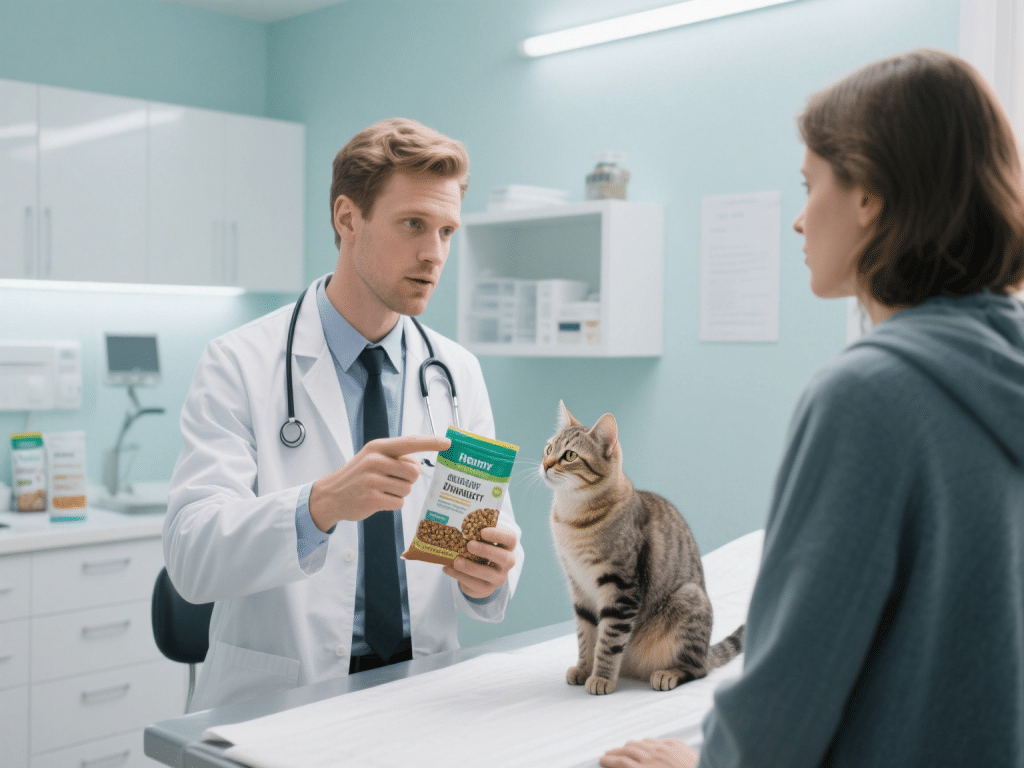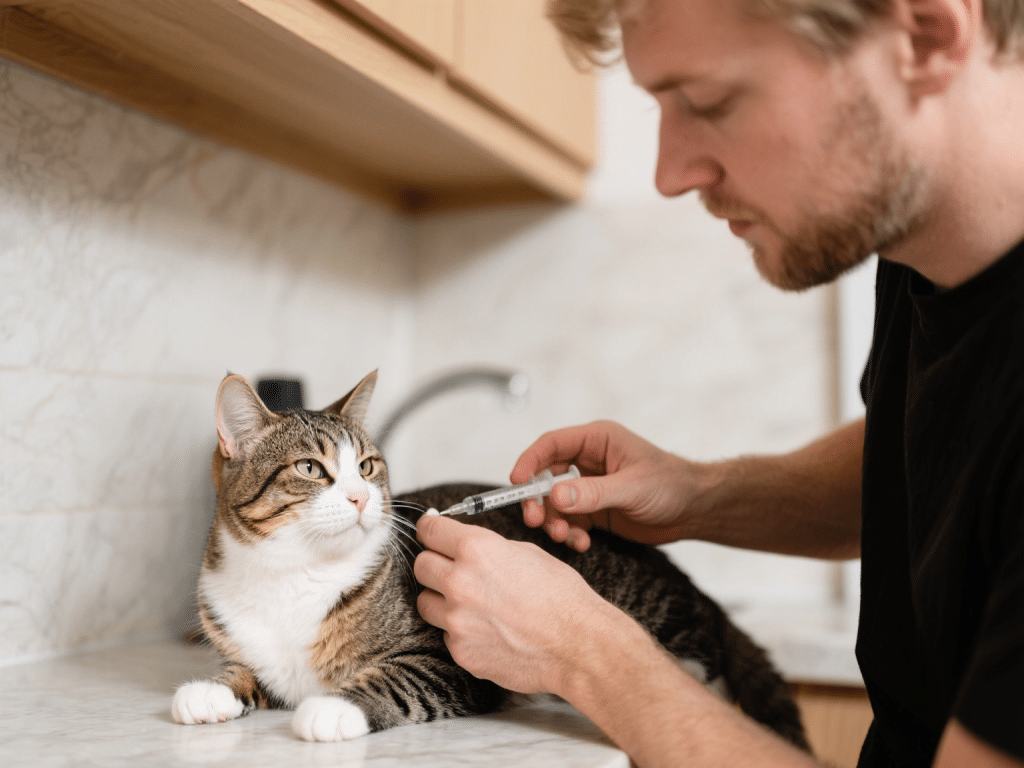
The Truth About Grain-Free Diets for Cats: What Vets Really Say
The pet food industry has seen a surge in grain-free cat diets over the last decade, often...
Introduction
Deworming pregnant dogs is essential to protect the dam and her puppies from congenital parasite transmission, particularly roundworms and hookworms. However, medication safety and timing are critical to avoid adverse effects on developing fetuses. This article presents veterinarian-approved tips for safely deworming pregnant dogs.
Transplacental Transfer: Roundworm larvae can migrate to the uterus and infect puppies in utero.
Transmammary Transfer: Larvae excreted in the mother’s milk can infect nursing puppies.
Health Implications: Infected puppies risk malnutrition, poor growth, and severe gastrointestinal distress.
Dosage: 50 mg/kg orally once daily from Day 40 of gestation through Day 14 postpartum.
Safety Profile: Extensive studies show no teratogenic effects in dogs at this dosage.
Administration Tips: Divide dose with meals to minimize gastrointestinal upset.
Dosage: 5 mg/kg orally at Day 40 of gestation, repeated weekly until whelping.
Use Case: Targets roundworms and hookworms; considered safe in late gestation.
Combination Therapy: Often combined with fenbendazole postpartum for broader coverage.
Dosage: Topical application at 6 mg/kg once during pregnancy (around Day 40).
Advantages: Provides protection against fleas and certain intestinal parasites.
Considerations: Avoid use in dogs under 6 weeks of age—safe for pregnant dams with veterinarian approval.
Day 40 of Gestation:
Initiate fenbendazole and pyrantel pamoate to reduce in utero transmission.
Weekly Pyrantel Doses:
Continue pyrantel until parturition to minimize worm burden in milk.
Postpartum Continuation:
Extend fenbendazole to 2 weeks after whelping to protect nursing puppies.
Fecal Exams:
Conduct a baseline fecal test before Day 40.
Repeat testing 2 weeks postpartum to confirm parasite clearance.
Blood Work:
Evaluate dam’s complete blood count and chemistry profiles prior to medication.
Monitor for anemia or hepatic strain throughout pregnancy.
Ultrasound and Physical Exams:
Track fetal development; ensure dam remains healthy and stress-free.
Balanced Diet:
Provide high-quality, nutrient-dense food to support increased energy demands and immune function.
Supplement with omega-3 fatty acids to reduce inflammation.
Hydration:
Ensure fresh water is always available; deworming can cause mild dehydration.
Monitor intake daily.
Environmental Management:
Keep whelping area clean; sanitize bedding weekly to prevent reinfection.
Limit exposure to contaminated soil or other animals carrying parasites.
Conclusion
Safe deworming of pregnant dogs involves a precise regimen—fenbendazole from Day 40 through two weeks postpartum, supplemented by weekly pyrantel pamoate. Close veterinary supervision, regular fecal testing, and supportive nutrition ensure the dam and her litter remain healthy and parasite-free.

The pet food industry has seen a surge in grain-free cat diets over the last decade, often...

A cat refusing its litter box can create stress for both pet and owner. Often, hidden medi...

As a devoted dog parent, few things tug at the heartstrings like the mournful whimpers of ...

As a longtime canine behavior consultant and rescue volunteer, I’ve helped hundreds of a...

Feline diabetes affects up to 1 in 100 cats, leading to excessive thirst, weight loss, and...

IntroductionGentle massage promotes relaxation, improves blood flow, and strengthens the b...

If you’re thinking of adding a hedgehog to your pet family, it’s a good idea to do yo...

Guinea pigs, also called cavies, need certain basics to ensure their health and happiness...

Cheese has been associated with rodents for ages, and cartoons have a lot to do with this...
Comments on "Veterinarian Tips: Deworming Pregnant Dogs Safely" :